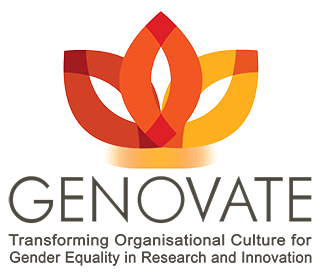 The GENOVATE Community is a platform which enables GENOVATE partners to share institutional information and case studies, and facilitates the coordination of a buddy system for bench learning.
The GENOVATE Community is a platform which enables GENOVATE partners to share institutional information and case studies, and facilitates the coordination of a buddy system for bench learning.
The GENOVATE Community consist of seven GENOVATE partner institutions; the GENOVATE International Advisory Board; key strategic collaborators and stakeholders and the general public. It is a mechanism designed to facilitate meaningful knowledge exchange across the community at local, national and international levels within each of the partner institutions’ countries, across Europe and globally.

LTU had a poster session @gendersummit7 in Berlin, Germany November 6-7, 2015. Malin Lindberg's poster discussed Undoing Gender in EU’s social innovation policies? Ylva Fältholm and Paula Wennberg highlighted best practices and good gender mainstreaming examples from LTU, e.g. Genovate, OPTi, SATIN. Gender Summit 7 attracted 320 delegates.
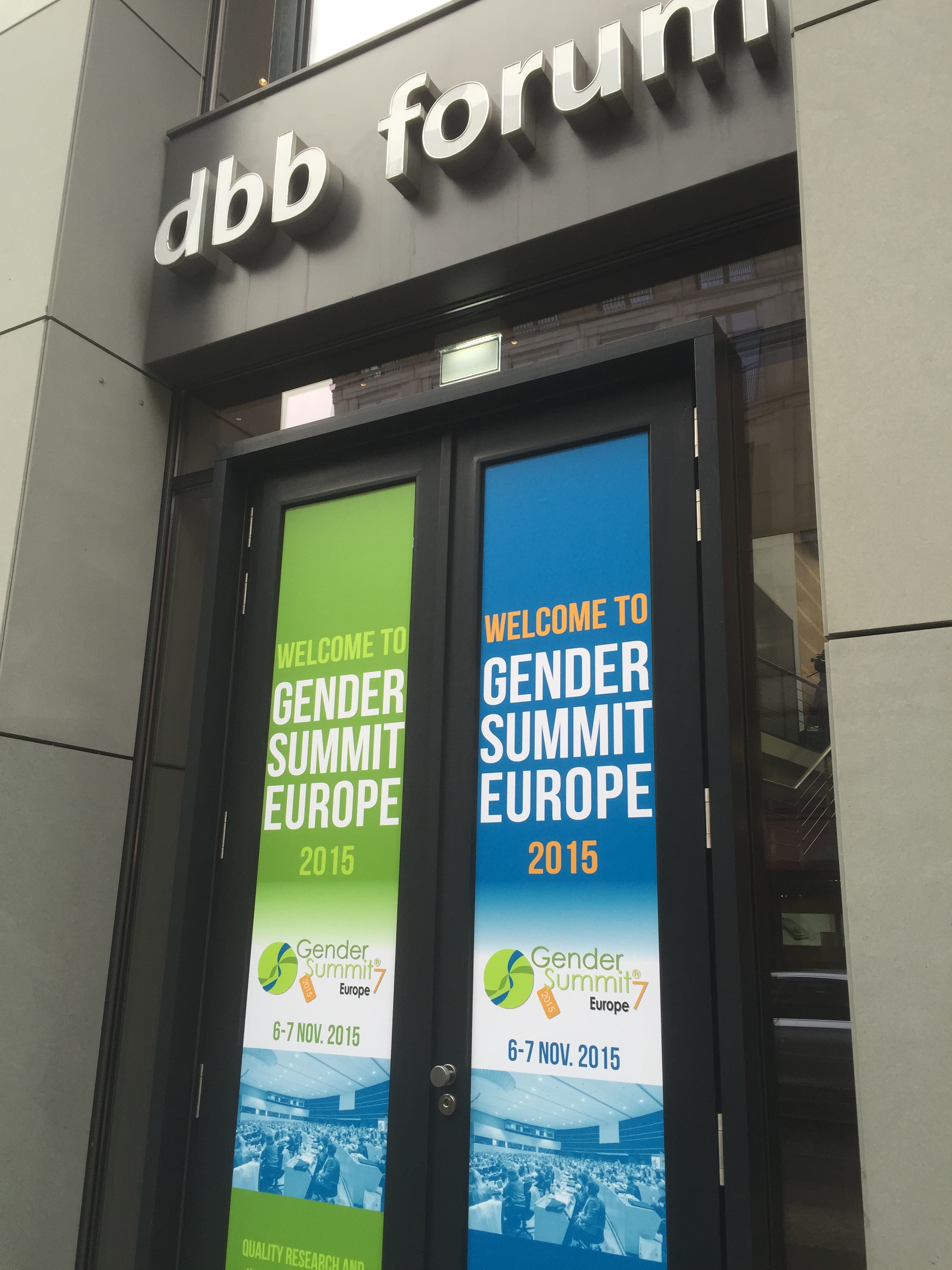
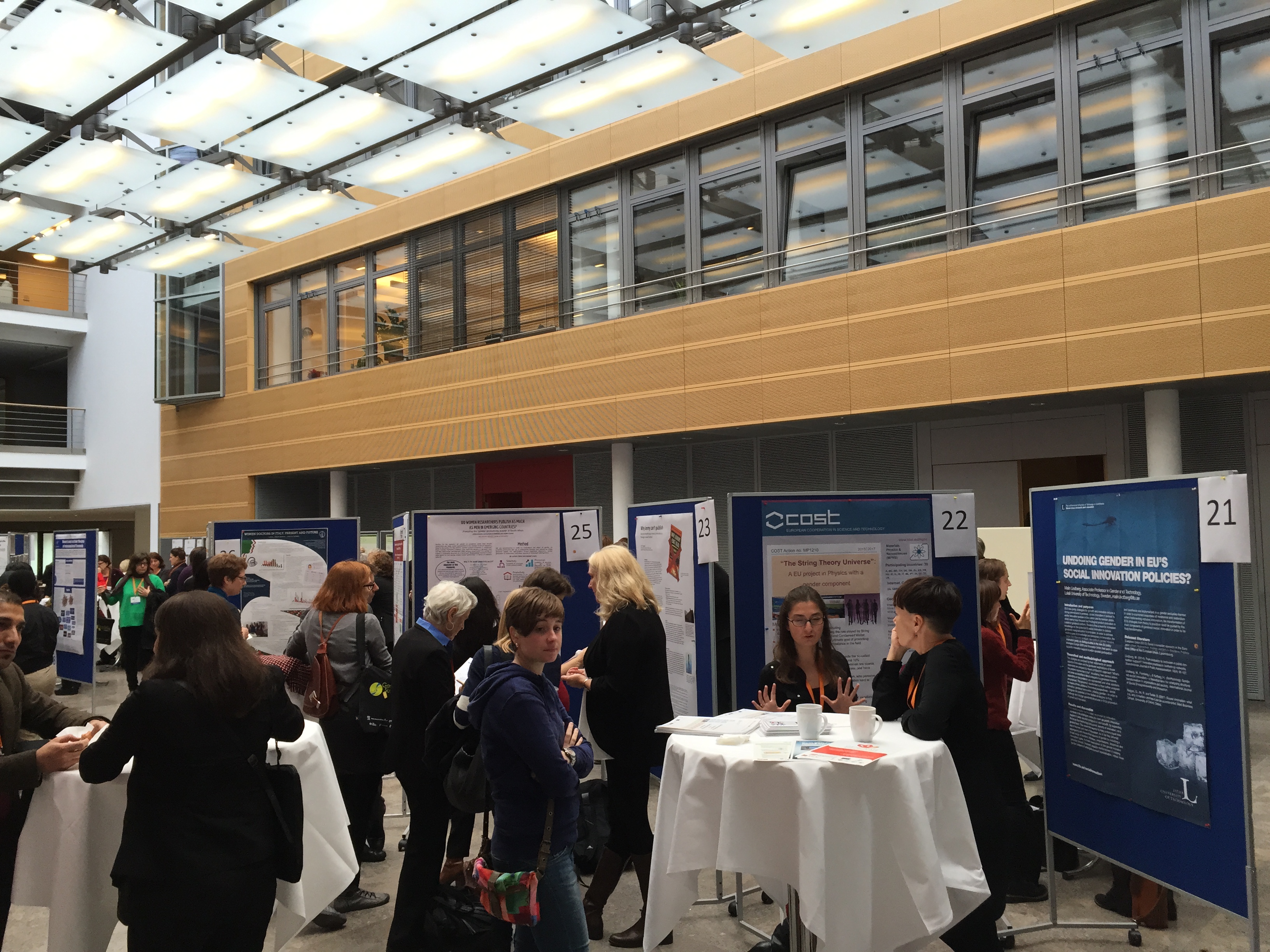
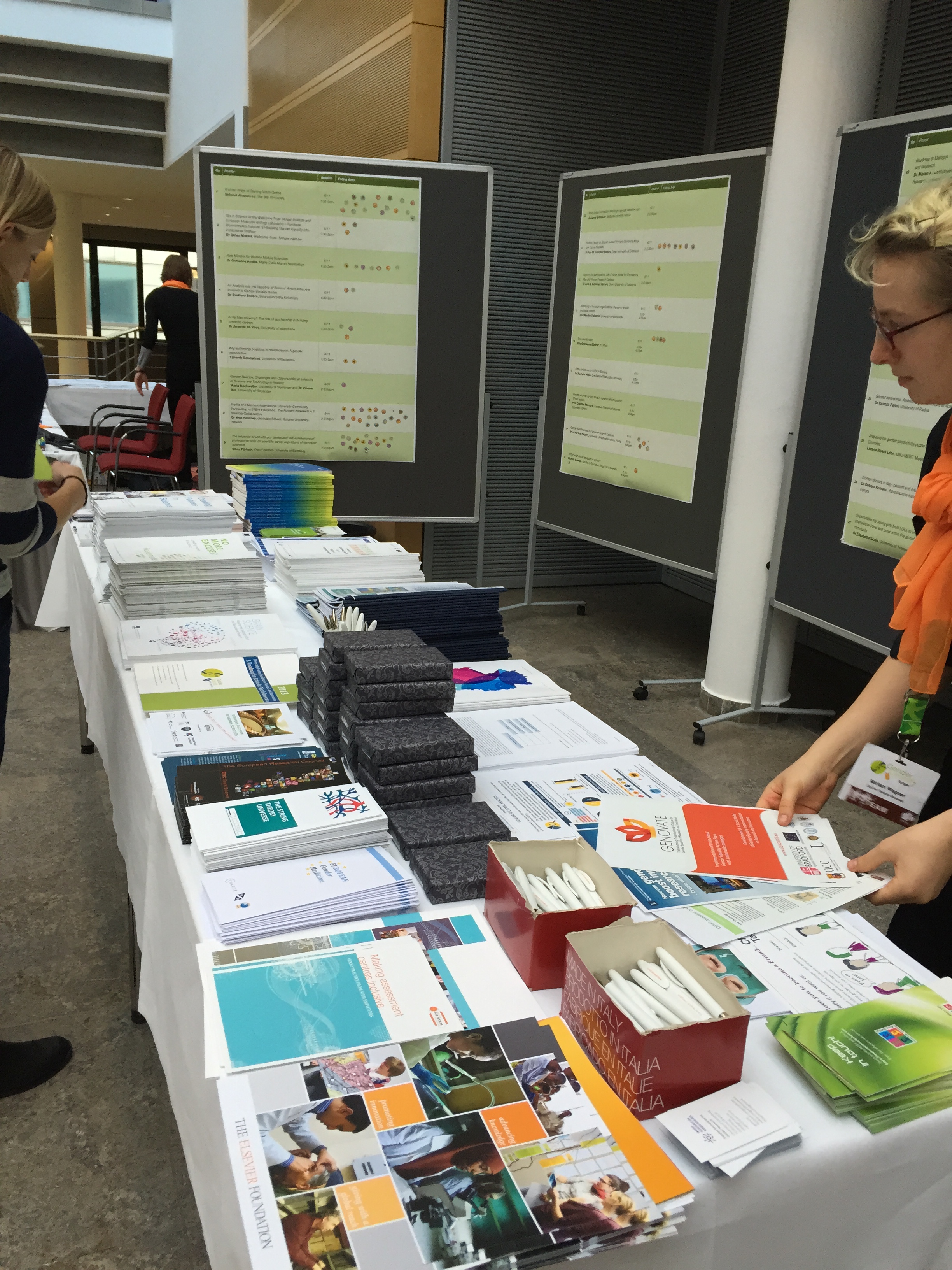

The ICT2015 in Lisbon in October 20-22, 2015 attracted 6 000 participants. In the conference organised by the European Commission GENOVATE results, gender mainstreaming tools and methods were discussed in F2F meetings and networking events. LTU highlighted the OPTi project as a good example on how the project integrates a gender dimension in its core activities:
OPTi - Optimization of District Heating and Cooling (DHC) systems www.opti2020.eu
The OPTi project aspires to create a long-lasting impact by rethinking the way DHC systems are architected and controlled. The overarching goal is to create business benefit for the industry as well as to ensure optimal end-consumer satisfaction. “With a user-centric design, we will contribute to next-generation District Heating & Cooling systems”.
Through a gender perspective the OPTi project aims to enhance creativity and innovation. The project’s ambition is to integrate a gender perspective in decision-making, communication and end-user participation. The project will strive for gender distribution when selecting users for field trials. The aim is to try to understand men and women’s need s and behavior to enhance the quality and relevance of the system. The project will pay special attention to how to communicate with consumers and how to motivate end-user participation and consumer interaction. The project’s ambition is also to achieve widest possible dissemination of the materials and assets generated by OPTi.
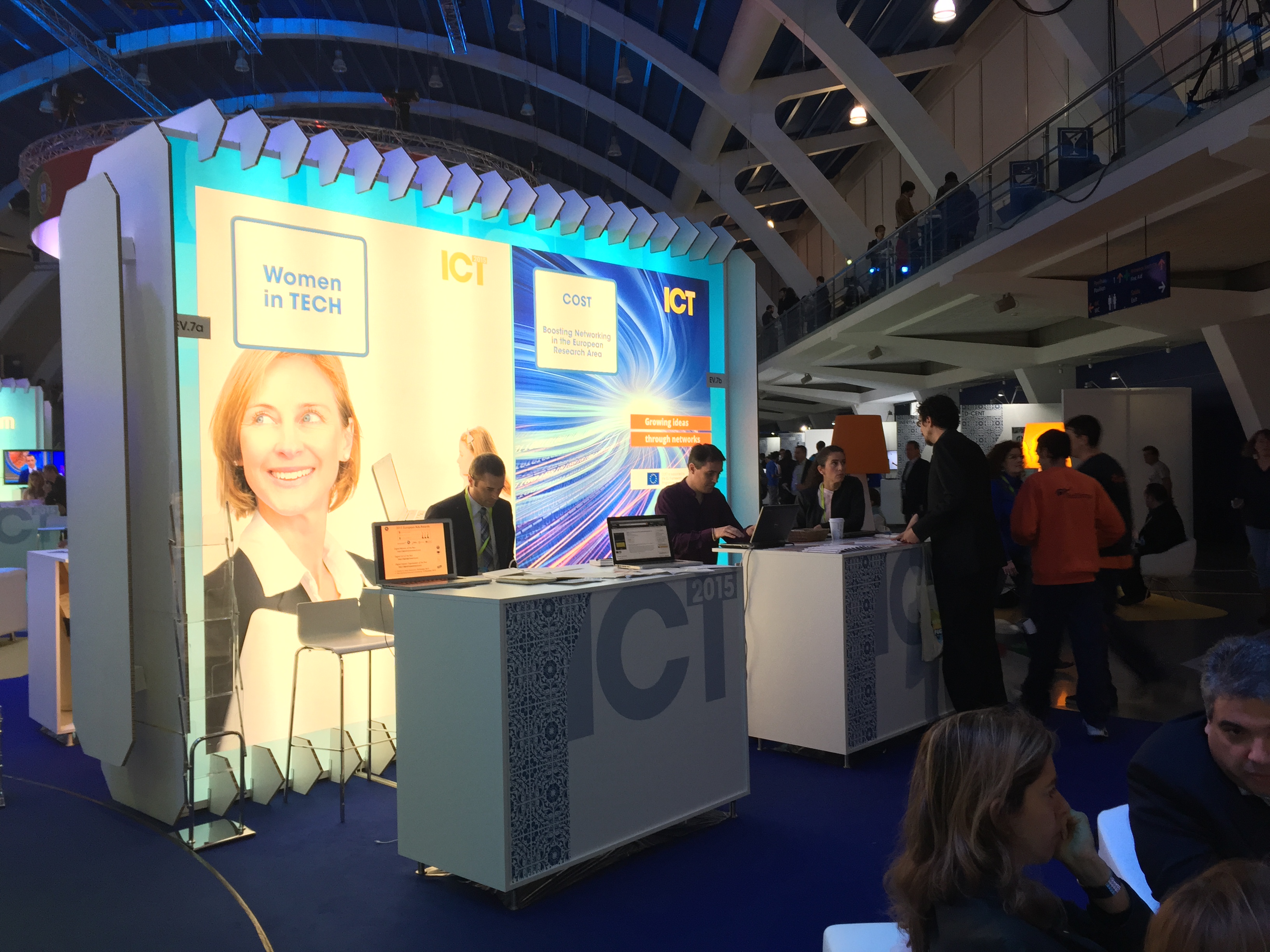
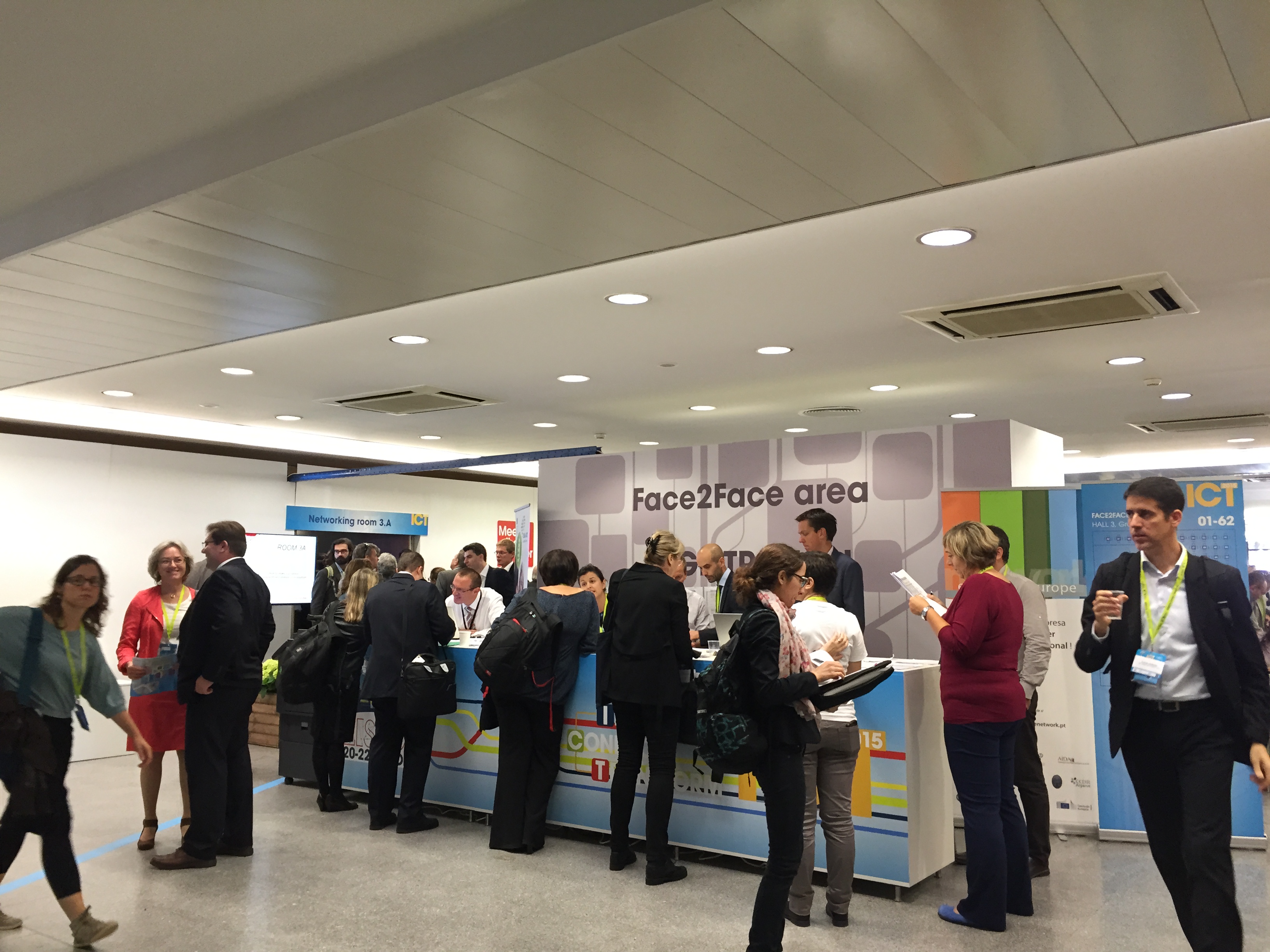
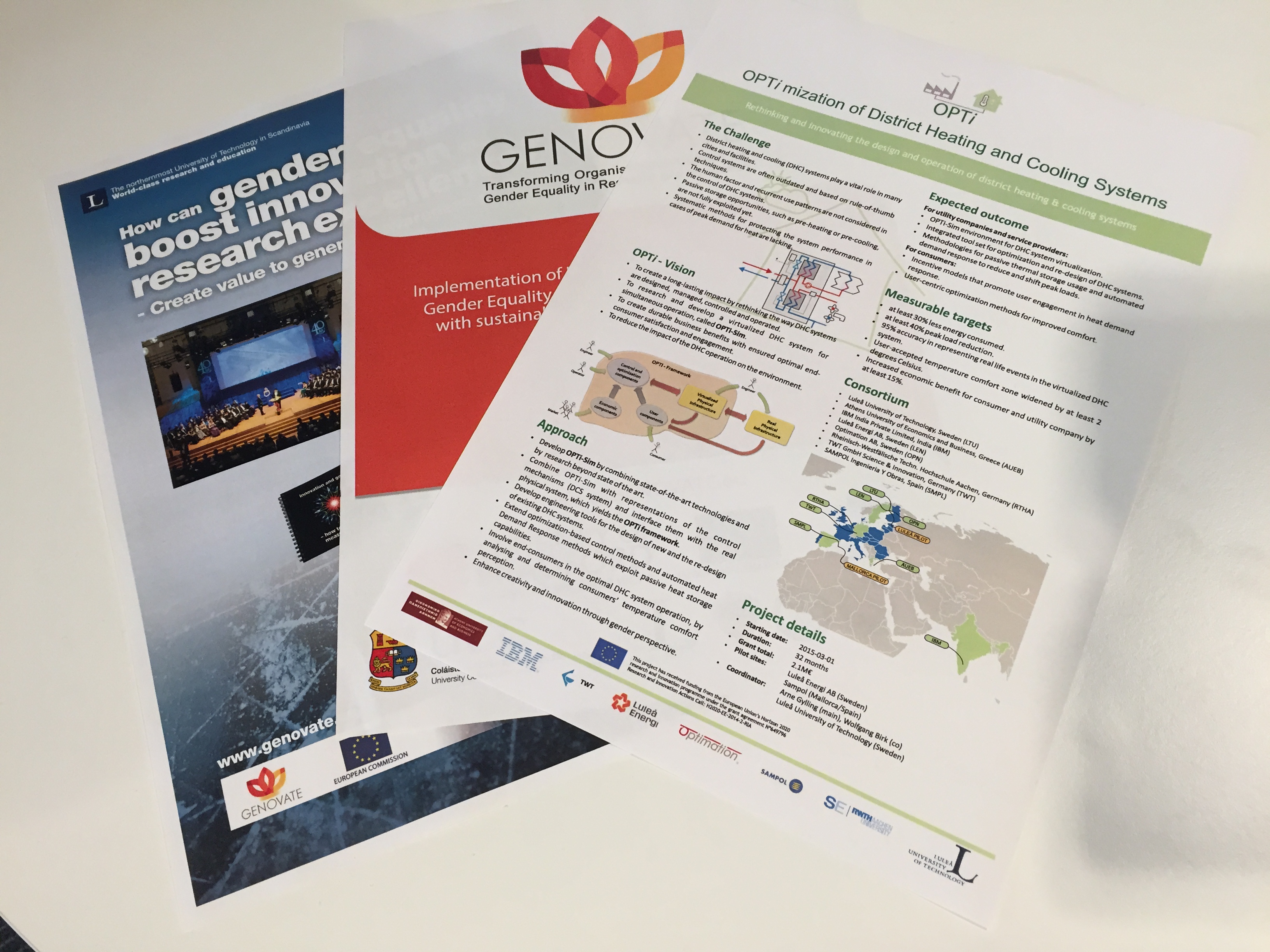

At Centre for Distance-spanning Technology we yesterday carried out a focus group in order to gain more knowledge about the culture climate change at LTU regarding gender equality. We use collaborative processes and participatory methods in our workshops to enable the sharing of knowledge and experiences between gender researchers and participants. This focus group is one of the activities when striving for a more innovative organisational development and change process at our university.
-Coming together is a beginning. Keeping together is progress. Working together is success. (Henry Ford)
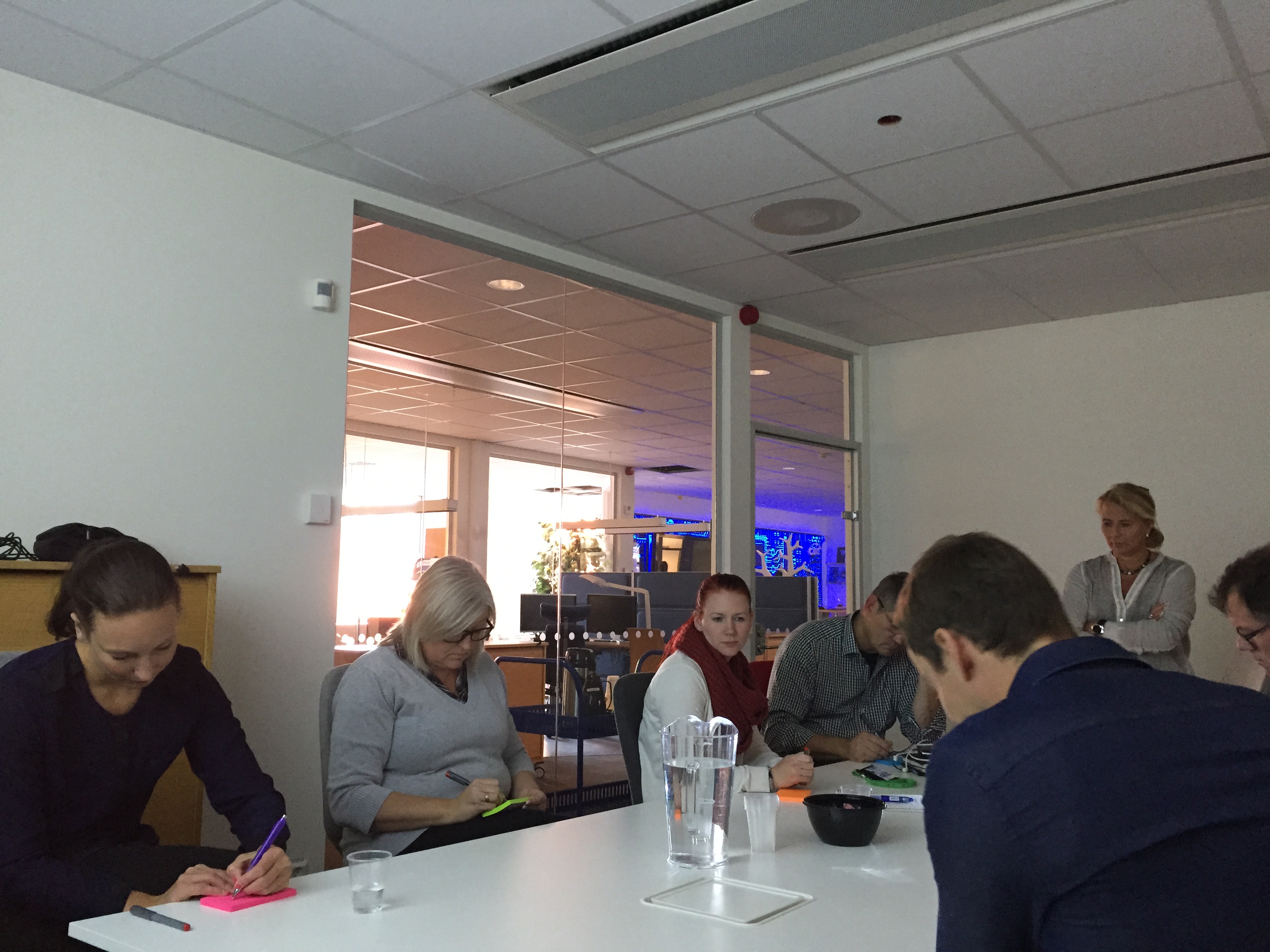
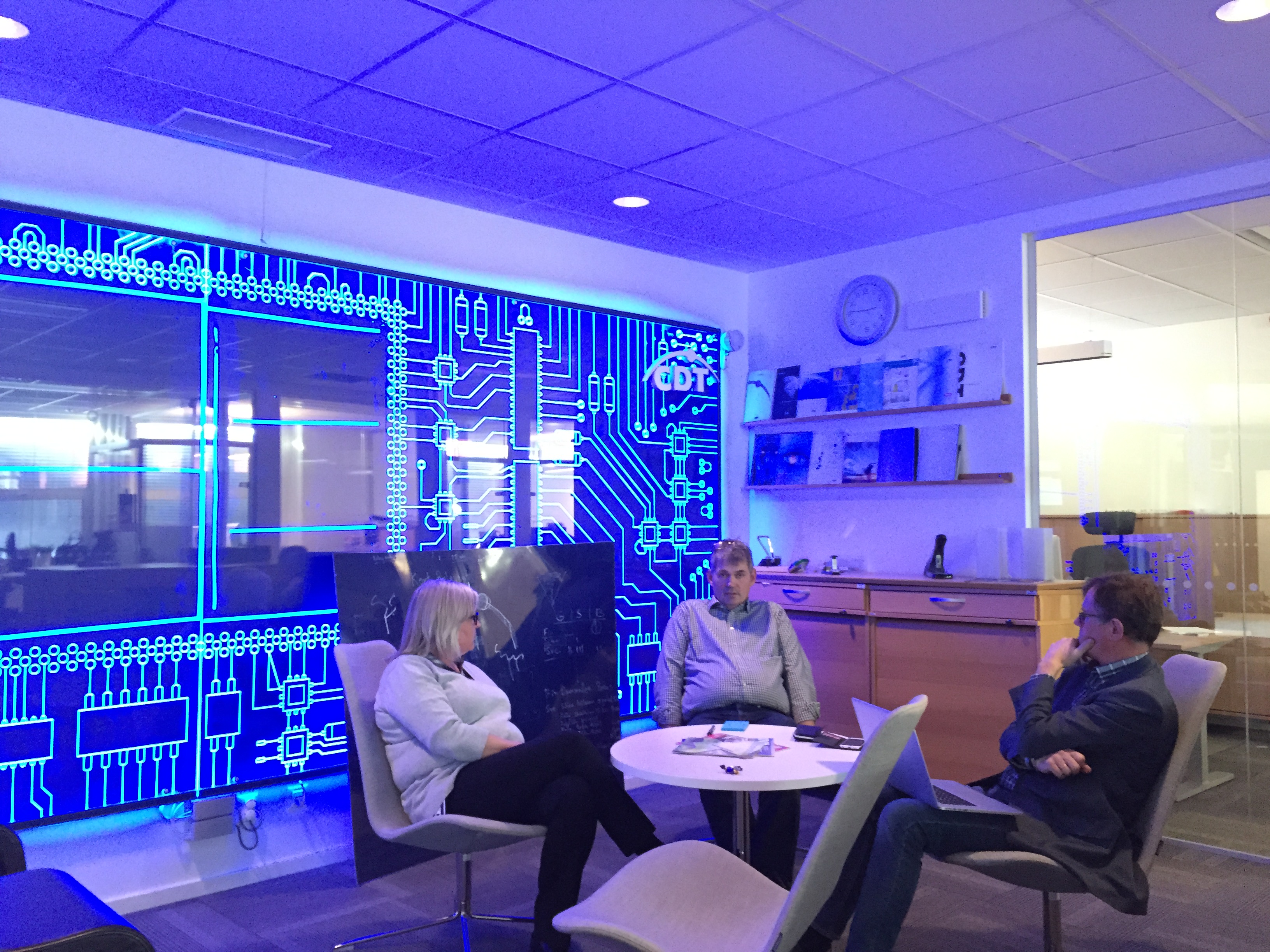
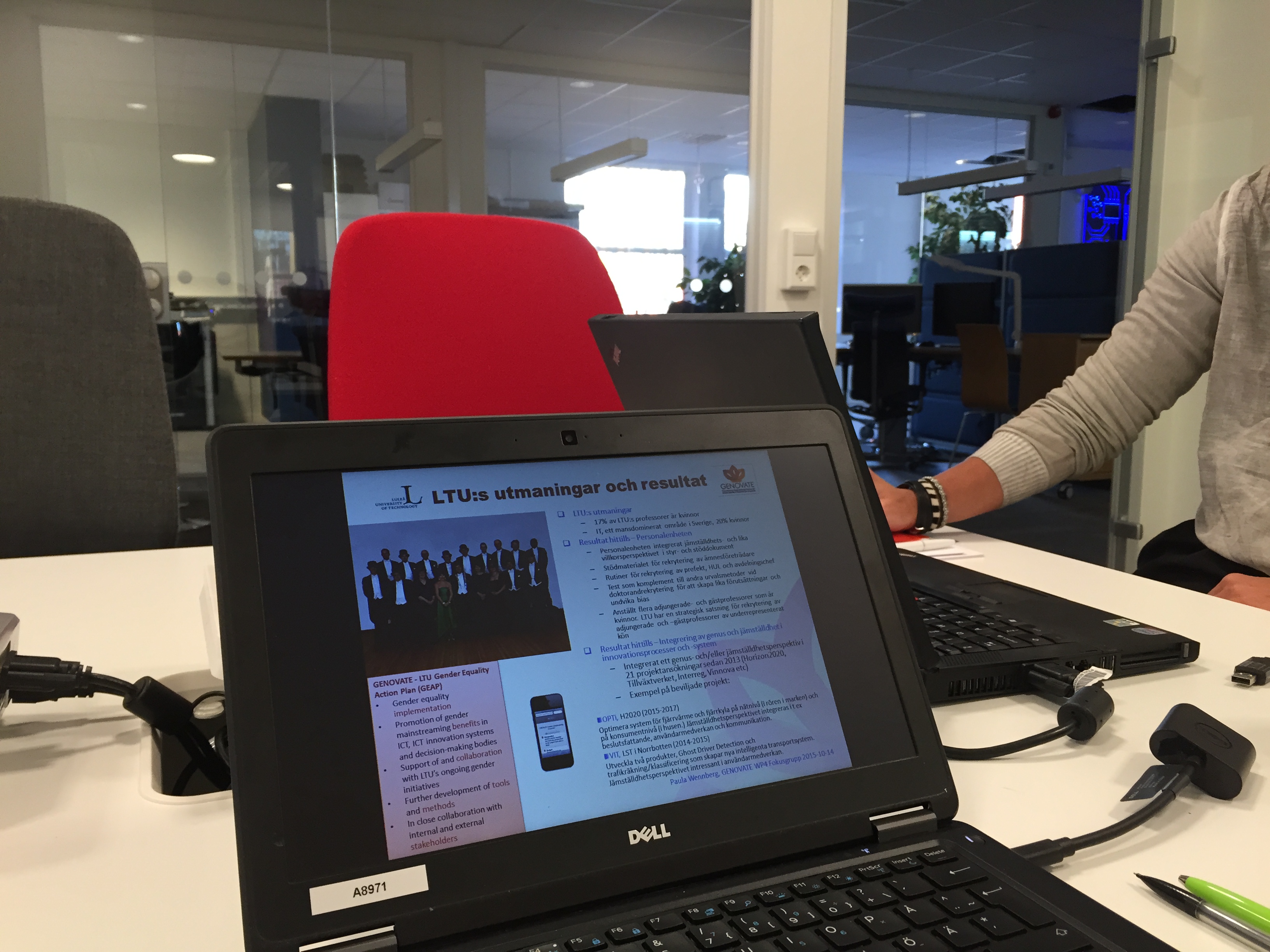

Male engineering student explains why female classmates aren't his equals, read more at http://www.huffingtonpost.com/entry/women-men-engineers-arent-equal-jared-mauldin-letter_561699b9e4b0e66ad4c6bee5
The letter has been shared numerous times on social media.

The EARMA 2016 Annual Conference Call for Papers (sessions or workshops) is now open. Please note that submissions will close on Friday 4th December 2015.
The Conference will be held in Luleå, Sweden from 20th to 23rd June 2016, with 21st-22nd June as the core programme. The conference theme New Horizons in Research Management reflects EARMA’s desire to encourage new ideas as well as welcoming core topics of interest to all research managers and administrators.
To submit your paper please visit http://earmaconference.org. Further information and updates will be available at the website over the coming months. Please consult the Guide for Authors http://www.earmaconference.com/guide-for-authors/ and the other resources available before submitting your abstract.
You may wish to start planning your travel, the details of airports with direct flights to and from Lulea are on https://www.swedavia.com/lulea/flightinformation/destinations/ The EARMA Annual Conference Committee in cooperation with Luleå University of Technology are looking forward to experiencing and celebrating Midsummer with you in the Northern Sweden.
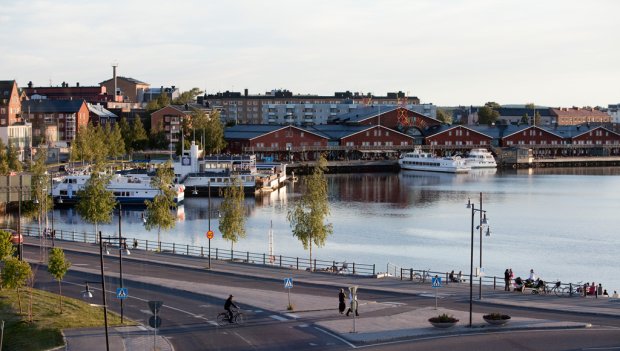

How to improve the societal relevance of technology and innovation
Integrating a gender perspective in research and innovation content, helps improve the scientific quality and societal relevance of the produced knowledge, technology and/or innovation. The H2020 project, OPTi, is a good example. The aim of the project is to contribute to next-generation district heating and cooling systems.
In order to strengthen the innovativeness of the project and create competitive advantage OPTi aims to mainstream a gender perspective in selected, relevant project activities e.g. decision-making, communication and user participation. The project’s ambition is to question ingrained gender roles, ways of thinking and working in order to enhance creativity and innovation. The OPTi consortium had the second face-to-face meeting in Athens on Sep. 9-11 2015.
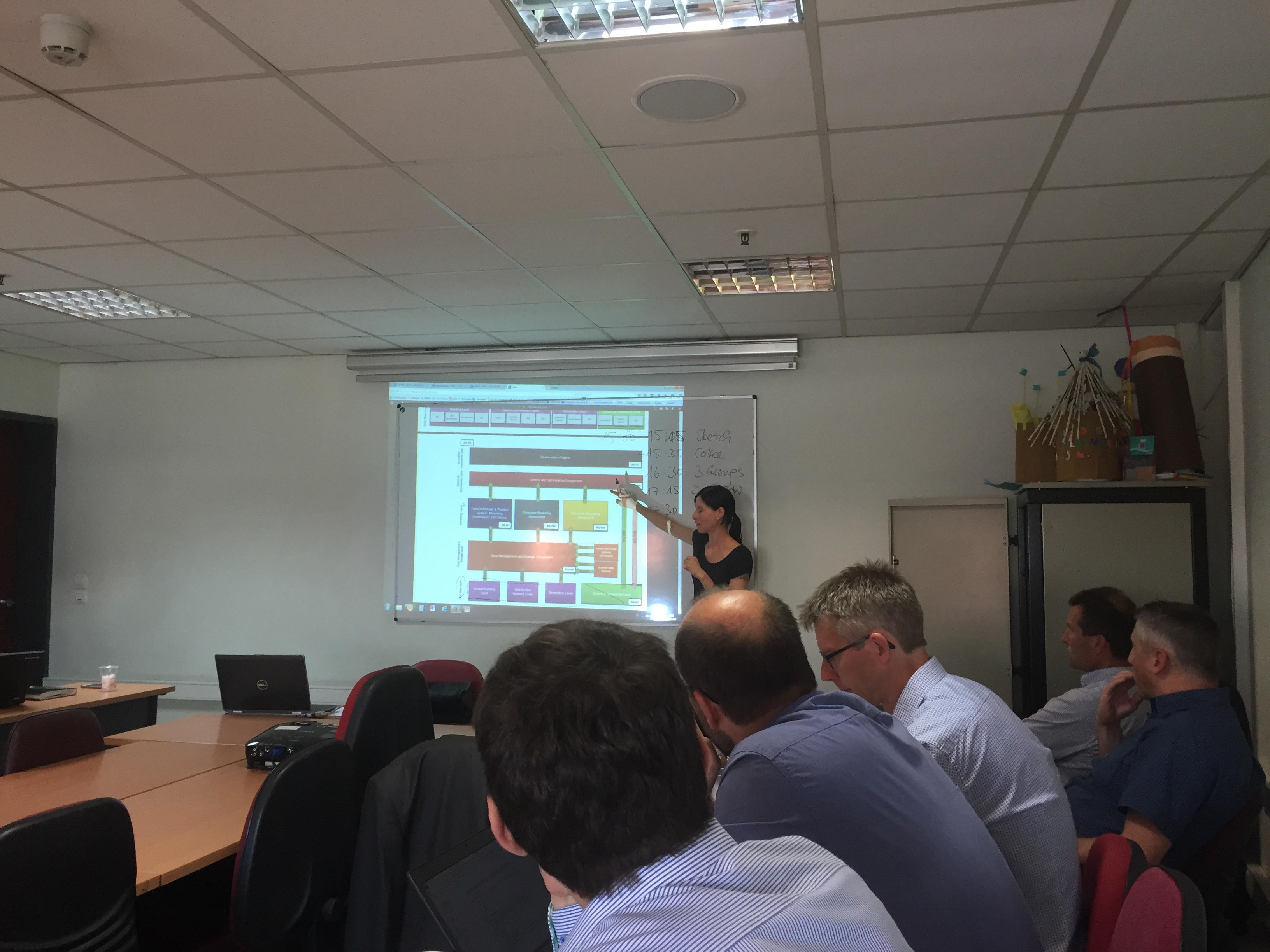
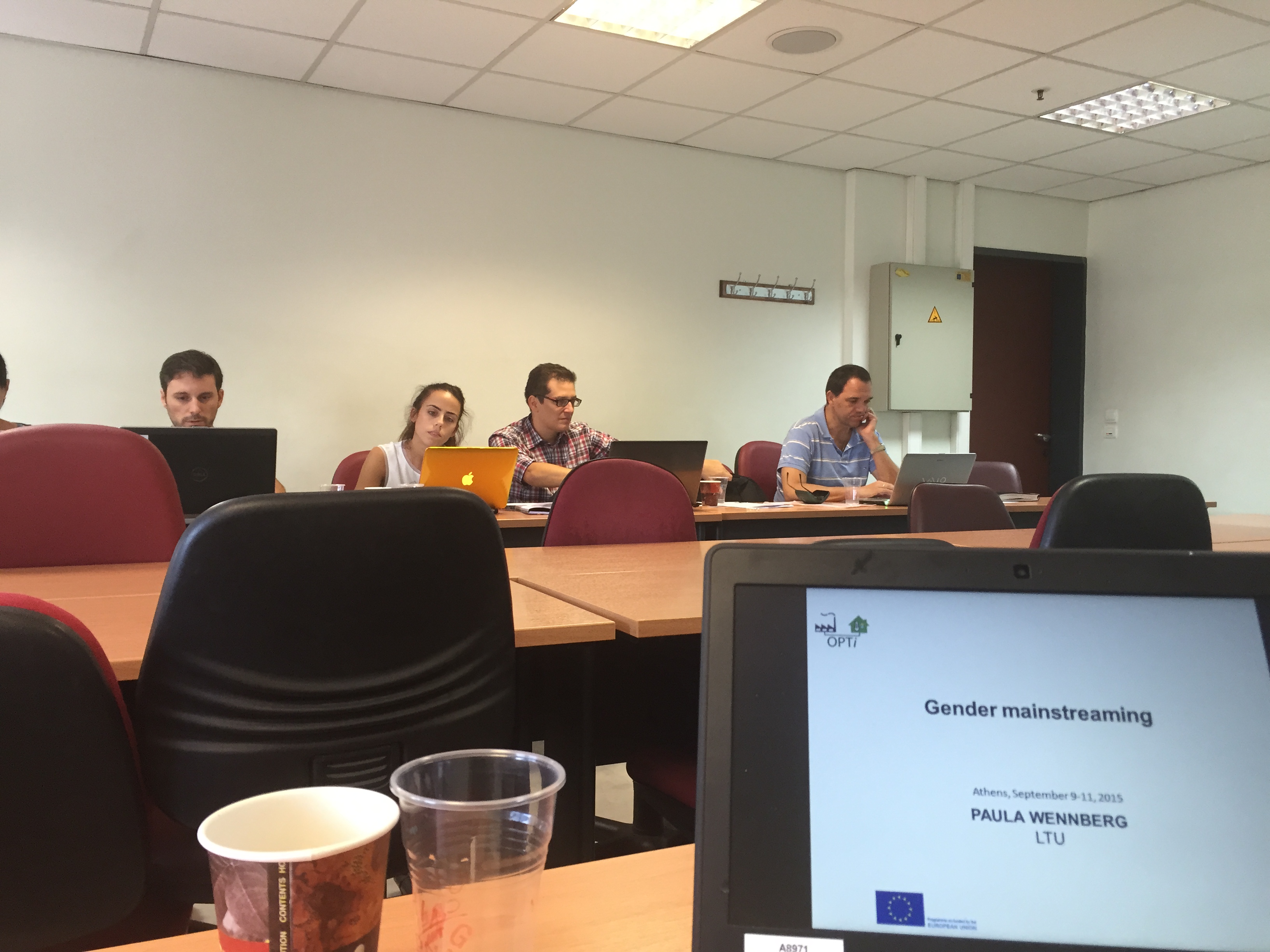
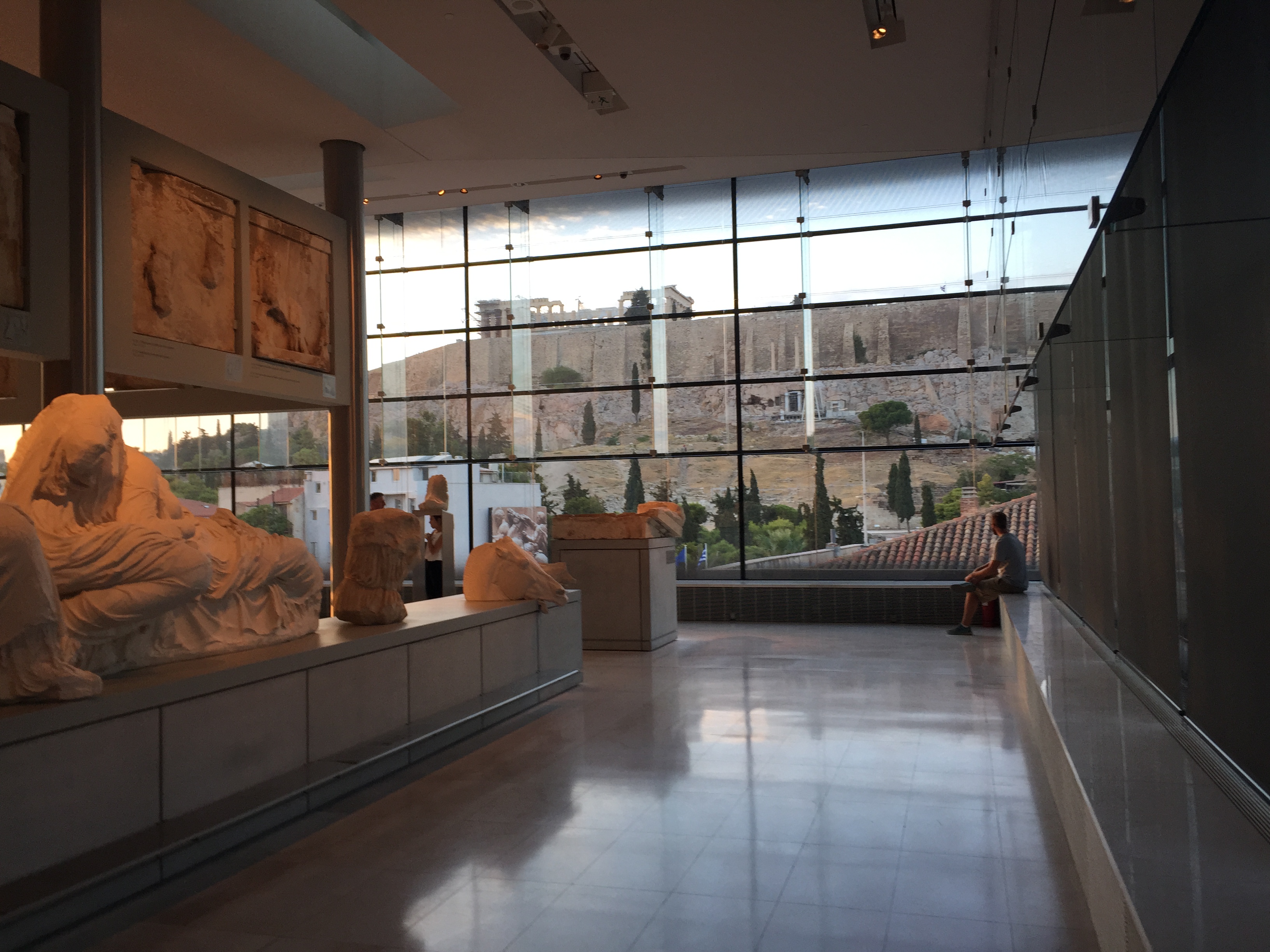
Powered by Multicategories for Joomla!2.5